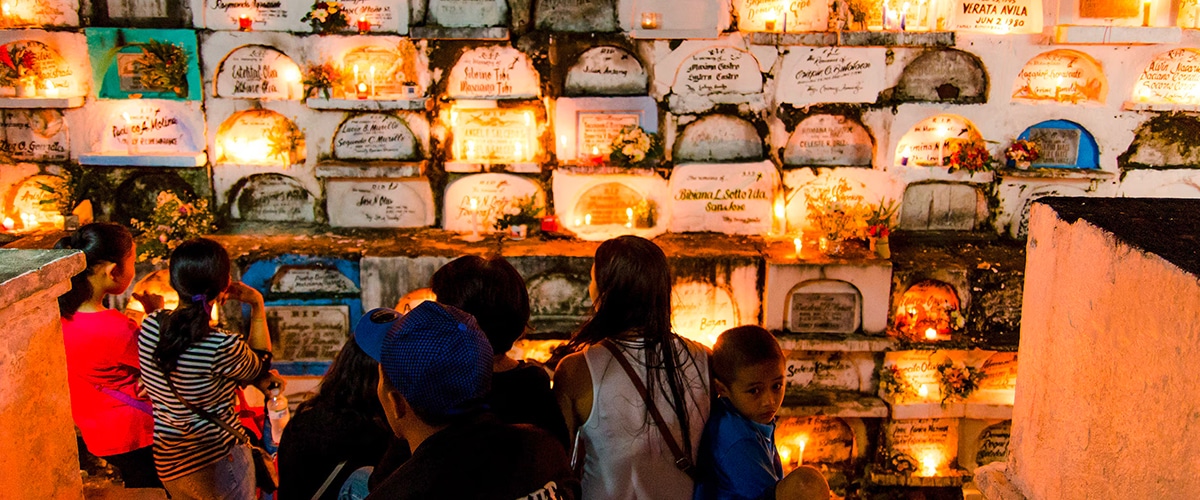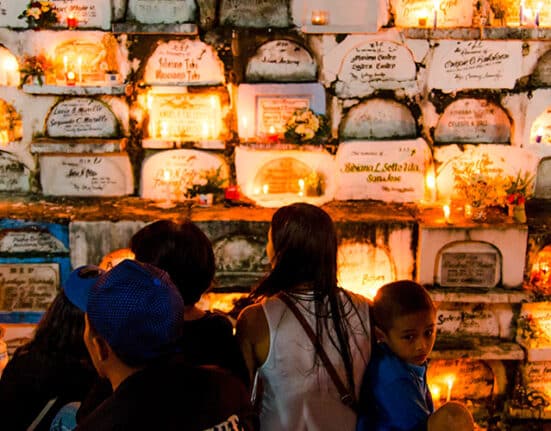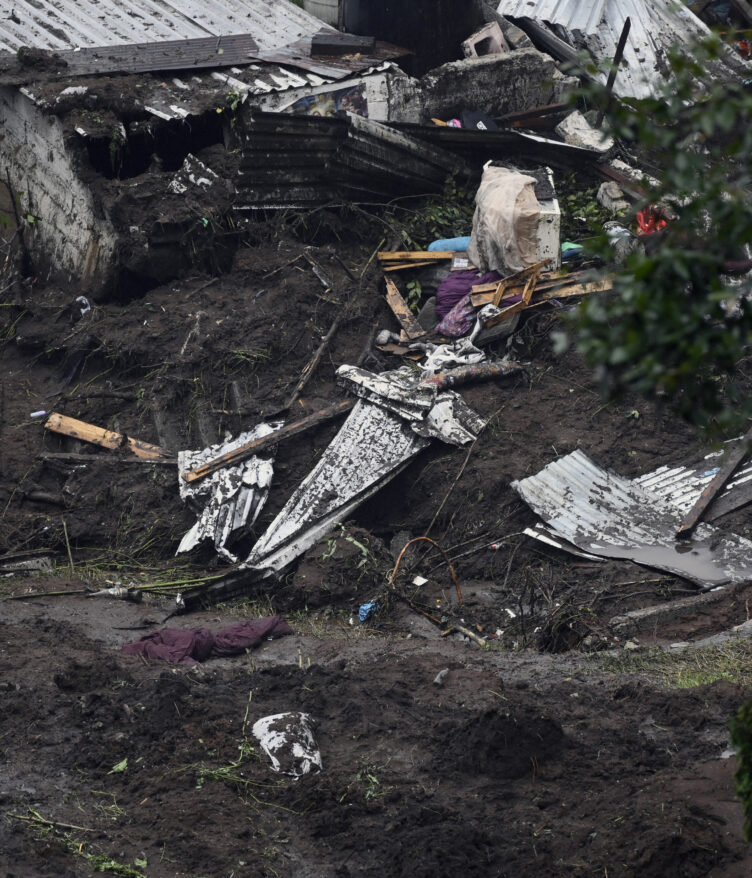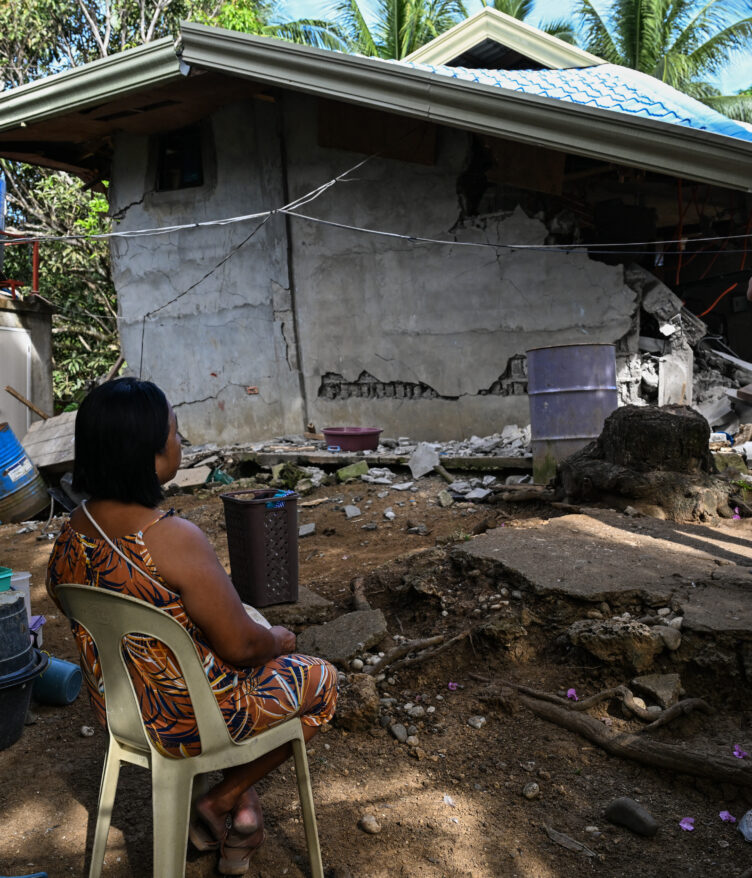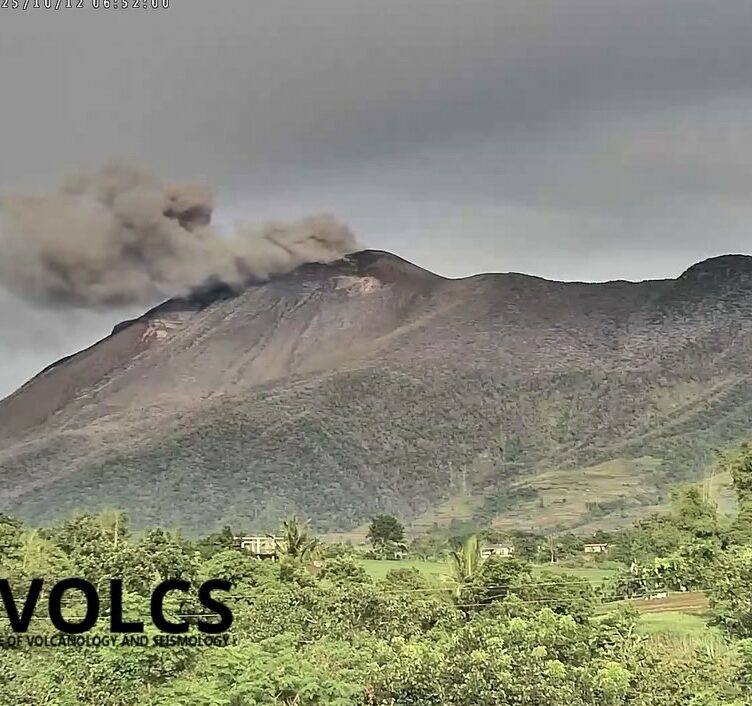UNDAS, or the commemoration of All Saints’ Day and All Souls’ Day on November 1 and 2, is a deeply rooted cultural practice in the Philippines that allows families to honor their lost loved ones.
For many Filipinos, particularly those from Generation Z, this annual observance is more than just a ritual; it represents a combination of reverence, familial relationship, and modernity.
Undas is a customary occasion when Filipinos visit cemeteries, light candles, and pray for the deceased. Families meet not only to mourn, but also to commemorate the lives of their loved ones.
Given the various methods to observe Undas and how a cultural practice might grow over time, republicasia interviewed a few Gen Zs to ask about their Undas 2024 plans and how they observe it.
A family’s way
In an interview with republicasia, Ann Tiongson, a 22-year-old BS Psychology student, discussed how she and her family spent their Undas. For her, it’s a means to bring everyone together.
“Observing Undas has always been a cherished tradition for my family. We typically visit the graves of our departed relatives, gather for dinner, and reminisce about our memories with them,” Tiongson shared.
“One of the most significant practices during Undas is leaving food and flowers at their graves. Additionally, we light candles and burn joss sticks as a sign of respect, honoring our Chinese cultural heritage,” she added.
Meanwhile, 23-year-old Ian Capati spends his Undas in a very devout manner with his loved ones, as has been customary for them.
“Traditionally, Undas is observed by visiting the graves of deceased relatives, cleaning and decorating their resting places with flowers, candles, and prayers. I grew up with these traditions,” he said
“We often gather together at cemeteries, bringing food and sharing memories of our loved ones. It’s also time for prayer, the recitation of the Rosary, and offering Mass intentions for the souls of the faithful departed.”
“The Church teaches that our prayers can assist those undergoing purification. Lighting candles and saying the Rosary for the deceased reflect this spiritual work of mercy,” he added.
Changes over time
Despite the fact that most activities must be traditional, some ways of observing Undas remain unique to these Gen Zs. One in particular is when they pay trips to a cemetery where a deceased family member is buried.
“Over the years, our way of observing Undas has evolved. In the past, we would spend the entire day at the cemetery on November 1, enjoying a feast and playing together,” Tiongson said.
“Now, we prefer to visit early to avoid the crowds, offering our prayers, flowers, and food before heading back home to share a meal together.”
“Unfortunately, our busy schedules often prevent us from spending the whole day together, as many of us now live in different places that can take hours to travel,” she added.
Meanwhile, Capati understood that as time passed, he had a deeper knowledge of what Undas truly means and how it should be observed throughout time.
“As many young people grow older, their understanding of Undas often deepens. Bilang bata noon, my focus is more on the family gathering and the festive aspects of visiting cemeteries,” Capati shared.
“However, with maturity, I have a greater appreciation for the spiritual significance of praying for the deceased.”
“As life becomes busier, I might observe Undas more simply due to time constraints, but the intention remains the same—praying for the souls of the departed,” he added.
How do you plan to spend it?
Capati intends to make a traditional visit to cemeteries, but because he is distant from his folks, he will visit graves that their families no longer visit.
“My plan will include the traditional cemetery visit here despite not having my family by my side, but I want to do this for those graves that are not visited anymore by their families, as this is a cherished way to honor,” he said.
“I will also attend Mass and offer intentions for the faithful departed since ito ang pinaka central part ng aking Undas 2024.”
Tiongson, on the other hand, believes that spending this year’s Undas will be more meaningful if she shares both traditional and modern activities that she has observed to grow throughout time.
“I balance traditional practices with modern influences in my celebrations by adapting certain aspects to keep them relevant and enjoyable while honoring our customs,” Tiongson shared.
“This year, I plan to visit the cemetery over the weekend due to unforeseen circumstances. While it may not be ideal, I will make sure to offer prayers, leave flowers and food, and light candles to honor our departed relatives.”
“After our visit, my family and I will gather at home to share a meal and reminisce. Despite our busy schedules making it difficult for everyone to be together at the same time,“ she said.
Undas is a holistic experience that helps Gen Zs connect with their families, communities, and themselves. Their involvement in Undas demonstrates a genuine appreciation for their roots.
It is also a promise to continue the practice and remember their loved ones. Honoring their ancestors not only preserves their cultural legacy, but also helps to construct a future that embraces both tradition and modernity.
How useful was this post?
Click on a star to rate it!
Average rating 0 / 5. Vote count: 0
No votes so far! Be the first to rate this post.
We are sorry that this post was not useful for you!
Let us improve this post!
Tell us how we can improve this post?

